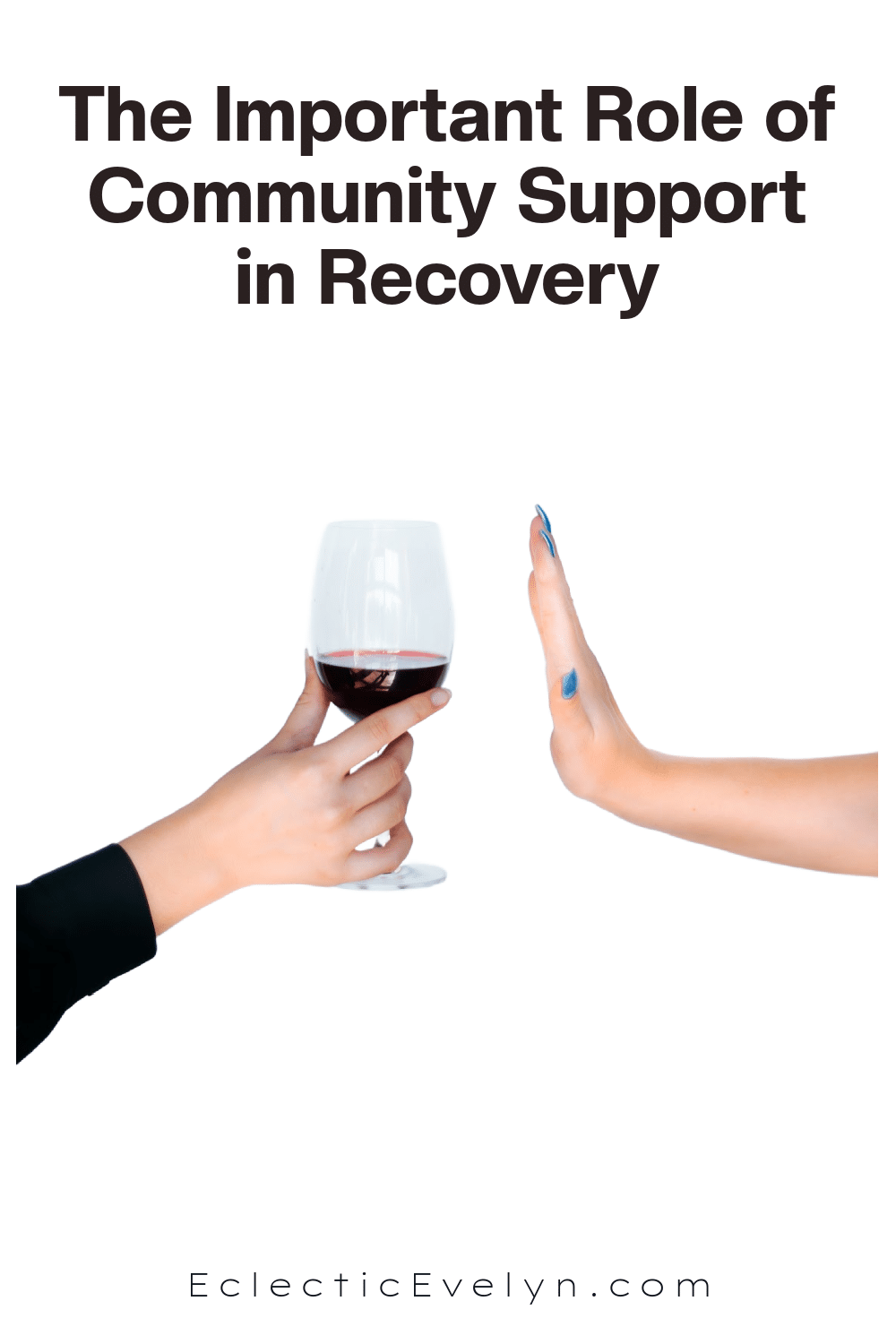Community support plays a pivotal role in the journey towards recovery from alcohol addiction. Engaging with a supportive community offers a sense of belonging and accountability, which is pivotal in overcoming the challenges of addiction. For example, finding Santa Clara AA meetings is one way to engage in community-focused recovery initiatives.
Recovery from addiction isn’t an overnight process; it requires continuous effort and support. When a caring community surrounds people suffering from addiction, the chances of a successful recovery improve significantly. This support system provides emotional and practical backing and instills a sense of accountability. Having a group of individuals who check in on one’s progress can be highly motivating and reduce the likelihood of relapse.
Furthermore, participating in community support offers a sense of belonging. Addiction often leaves individuals feeling isolated and disconnected. By joining a supportive network, they rediscover a sense of community and foster relationships built on empathy and mutual understanding. It’s a way to heal not only physically but emotionally and socially.

Different Types of Community Support Groups
There are several types of community support groups designed to help individuals battle addiction. These include 12-step programs like Alcoholics Anonymous (AA), peer-led support groups, and family support networks. Each type offers a unique approach but shares the same fundamental goal: to assist individuals in achieving and maintaining sobriety.
12-Step Programs
One of the most well-known and widely used support groups is the 12-step program popularized by AA. These groups offer a structured approach to recovery, involving a series of steps participants must follow to overcome their addiction. These steps encourage self-reflection, accountability, and a spiritual sense of growth, which can be very appealing and effective for many individuals. This structure provides a clear path for members, making the daunting process of recovery feel more manageable.
Peer-Led Support Groups
Peer-led support groups operate similarly but may not follow a strict 12-step format. These groups are typically run by individuals who have successfully recovered from addiction and wish to help others do the same. These leaders offer relatable guidance and inspiration, making them highly effective in fostering a sense of camaraderie and mutual progress. Their successes prove that recovery is achievable, which can be incredibly encouraging for new members.
Family Support Networks
Family support networks involve the families of those battling addiction. These groups guide how family members can best support their loved ones through recovery. They offer tools and strategies for dealing with emotional and practical challenges that can significantly impact recovery. Involving family members can also help rebuild strained relationships and create a more supportive home environment.
Emotional Benefits of Community Support
Joining a support group can significantly enhance emotional well-being. The shared experiences and empathetic listening the group members provide create a safe space for individuals to express their feelings and fears. It’s comforting to know that others have faced similar challenges and have succeeded in overcoming them. The sense of collective understanding and empathy can be incredibly validating and healing.
Moreover, consistent emotional support alleviates feelings of isolation and despair often experienced by those battling addiction. Participants gain strength through the community, reducing the emotional burden of recovery. The encouragement and support from fellow group members can act as a buffer against the emotional ups and downs of the recovery process. Realizing that one is not alone in one’s struggles can be a powerful motivator for moving forward.
Additionally, these groups often offer specialized sessions on mental health, stress management, and coping strategies. Such sessions give individuals the tools they need to better manage their emotional health, ultimately contributing to a more robust recovery process. Mental health plays a crucial role in addiction recovery, and addressing it within the community can make a significant difference.

Practical Benefits of Joining Support Groups
Beyond emotional support, these groups offer practical advice and resources. Members often share strategies for coping with cravings and avoiding triggers, which are essential steps in maintaining sobriety. Resources for recovery and resilience articles serve as practical guides for those in need. This collective wisdom can provide actionable tips that have been proven effective by others who have walked the same path.
In addition, support groups often provide access to educational materials, workshops, and events designed to equip participants with practical tools for their recovery journey. The collective wisdom within these groups can serve as a beacon of hope and guidance. Workshops on stress management, relapse prevention, and healthful living provide essential life skills supporting long-term recovery.
Another practical benefit is the access to a network of resources. Whether it’s finding a reliable counselor, exploring therapy options, or learning about alternative treatment methods, the connections made in these groups can lead to valuable resources. Many groups also partner with local health services, offering additional support and resource availability.
How to Find a Community Support Group
Finding a suitable community support group can be straightforward with the right resources. Online directories and hospital referrals are excellent starting points. Additionally, organizations like the National Institute on Alcohol Abuse and Alcoholism offer comprehensive guides for locating nearby support groups.
Before joining a group, it’s essential to research and find one that aligns with personal needs and preferences. Take advantage of trial sessions to gauge the group’s dynamic and see if it feels like the right fit. It’s also beneficial to reach out to group leaders or current members to ask questions about the structure, goals, and member expectations. Remember, the ultimate goal is to find a supportive community that can aid in the journey toward recovery.
Another key tip is to consider a group’s specific focus. Some support groups cater to particular demographics or types of addiction, offering more tailored support. Exploring different groups can help you find one where you feel most comfortable and understood. Ultimately, the right group provides a steady, reliable source of support and encouragement.

Engaging in community support is an indispensable component of the recovery journey from alcohol addiction. The various types of support groups, from 12-step programs to peer-led groups and family networks, provide crucial emotional and practical backing. These groups foster a sense of belonging, accountability, and shared experience that significantly enhances the chances of maintaining sobriety. By tapping into these resources, individuals not only receive guidance and encouragement but also rebuild their lives with the strength and solidarity of a supportive community. Whether through emotional healing or practical advice, the impact of community support on recovery is profound and transformative.





